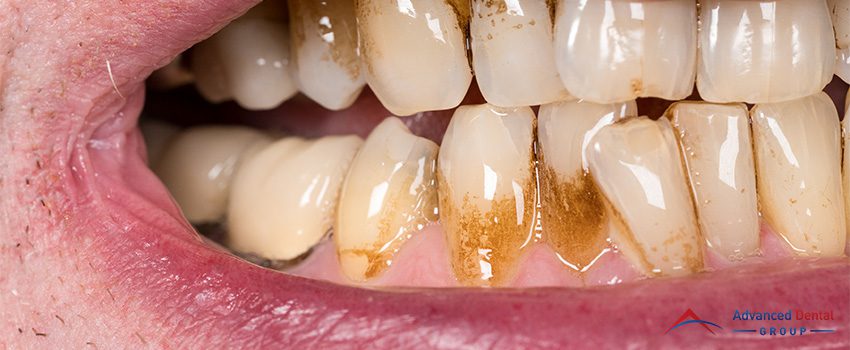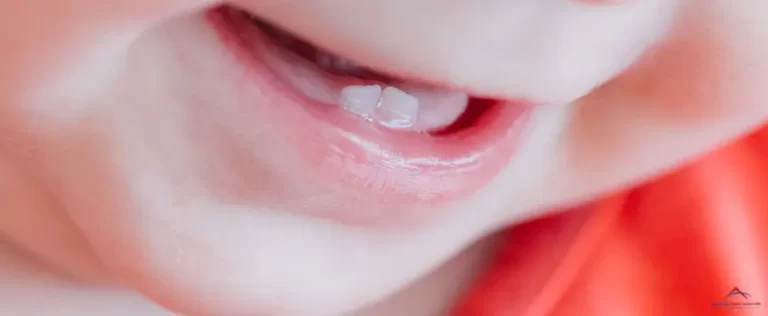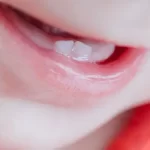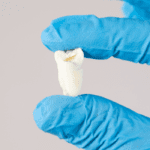Gum recession is when the gums pull back or wear away, exposing more of the tooth or its root surfaces. This is a serious oral health issue that may result in tooth loss if not treated right away.
The good thing is that there are ways to prevent gum lines from receding and available treatments you can undergo once the condition is diagnosed. However, it is also essential to know the causes, symptoms, and other important things to understand receding gum lines better.
If you want to learn more about it, we have compiled everything you should know about receding gums. So read on to find out!
Causes of Receding Gums
If you wonder what causes receding gums to occur, you must know that there are various reasons. Here are some of the most common ones:
- Aggressive Brushing or Flossing: As much as brushing and flossing the teeth are encouraged, you should not do them excessively or aggressively. Brushing and flossing are not supposed to hurt, so ensure that you do them correctly and gently.
- Genes: Like other parts of your body, the characteristics of your gums depend on genetics. So, if either or both of your parents have a history of receding gums, you are more likely to have the same condition.
- Crooked Teeth: Having misaligned teeth is also another common cause of gum recession. Sometimes, crooked teeth can place too much force on the gums, causing them to recede.
- Bruxism: Another cause of gum recession is bruxism—this is a condition that involves unconsciously grinding or clenching the teeth, whether awake or sleeping.
- Poor Oral Health: Of course, one of the common causes is having poor oral health. If you do not take good care of your teeth, mouth, and gums, gum recession increases due to periodontal diseases.
Symptoms of Receding Gums
Many people who have receding gums may not experience any symptoms early on. However, there are still some people who may suffer from numerous symptoms, such as the following:
- Exposed tooth due to shrinking gums
- Aching gum lines
- Swollen gums
- Bleeding gum lines after flossing/brushing
- Bad breath
Receding Gums Treatment
Regardless of the cause, there are available receding gum treatments for you!
If you catch it early enough, you will not need any professional treatment. However, your dentist might give you advice on how to stop receding gums from further developing based on the cause. In addition, they might also recommend you a softer toothbrush, mouth guard, and other helpful things.
Medication
There are some cases where gum recession requires medication as the best option for treatment. For example, if your periodontist finds an infection, some antibiotics may be prescribed.
Other medications can be used, such as mouthwash, antibiotic gel, enzyme suppressants, and antiseptic chips.
Surgery
For those who are suffering from severe gum recession, surgery may be the best option for treatment. There are usually two types of surgeries that periodontists and gum specialists recommend—the first one is called flap procedure, while the second one is grafting.
During the flap procedure, the roots of the teeth are cleaned, and bone damage is repaired. This procedure helps in removing tartar buildup and bacteria in the teeth and gums.
Grafting is done to revive the bones or tissues. This procedure involves placing a small part of the bone or synthetic particles to repair gum recession. However, grafting does not guarantee that gum problems will not reoccur, so it is best to have proper oral hygiene and regular checkups with your dentist.
Other Treatments
There are other treatments available if you want to improve the appearance of your gums after making sure the bacteria is removed. Some of the most common ones are removable gum veneers, pink porcelain, or composite, and many more.
Prevent Gum Recession
You might be asking the question, “Do gums grow back?” Unfortunately, receding gums do not grow back, which is why it is essential that you prevent the condition from worsening.
The first thing you can do is maintain regular oral hygiene. However, be sure that you do it gently and not aggressively. Do this to prevent bacteria, tartar, plaque, and other harmful substances from building up in your mouth, teeth, and gums. In addition, maintaining regular oral hygiene will prevent gum recession and help prevent further dental health issues from occurring.
The second thing you should consider is regular checkups with your dentist. That way, your dentist will monitor your teeth and gums. Moreover, dental health issues, such as gum recession, can be prevented when you seek professional help.
At Advanced Dental Group, we know that oral health should always be a priority for everyone since the mouth is known as a direct channel to other organs in the body. So, oral and dental problems, such as gum recession, should be prevented and treated correctly. If you want to consult with the best dentists in your area, we can connect you to them! Contact us now for inquiries and questions!





